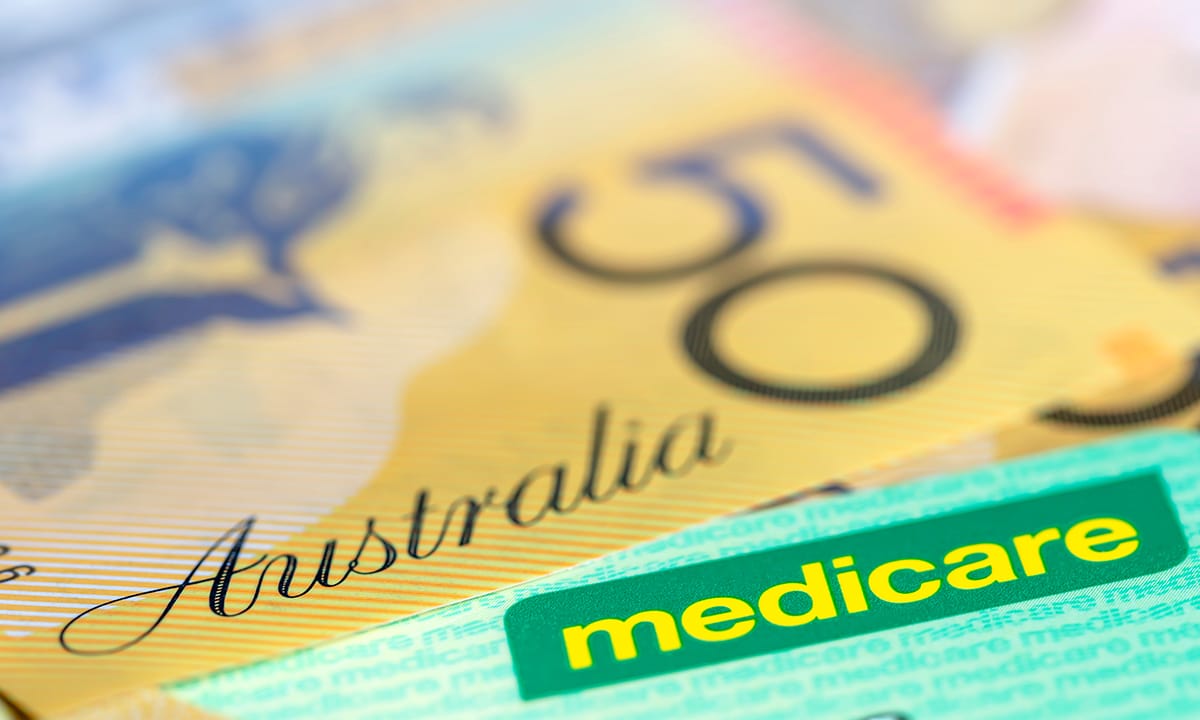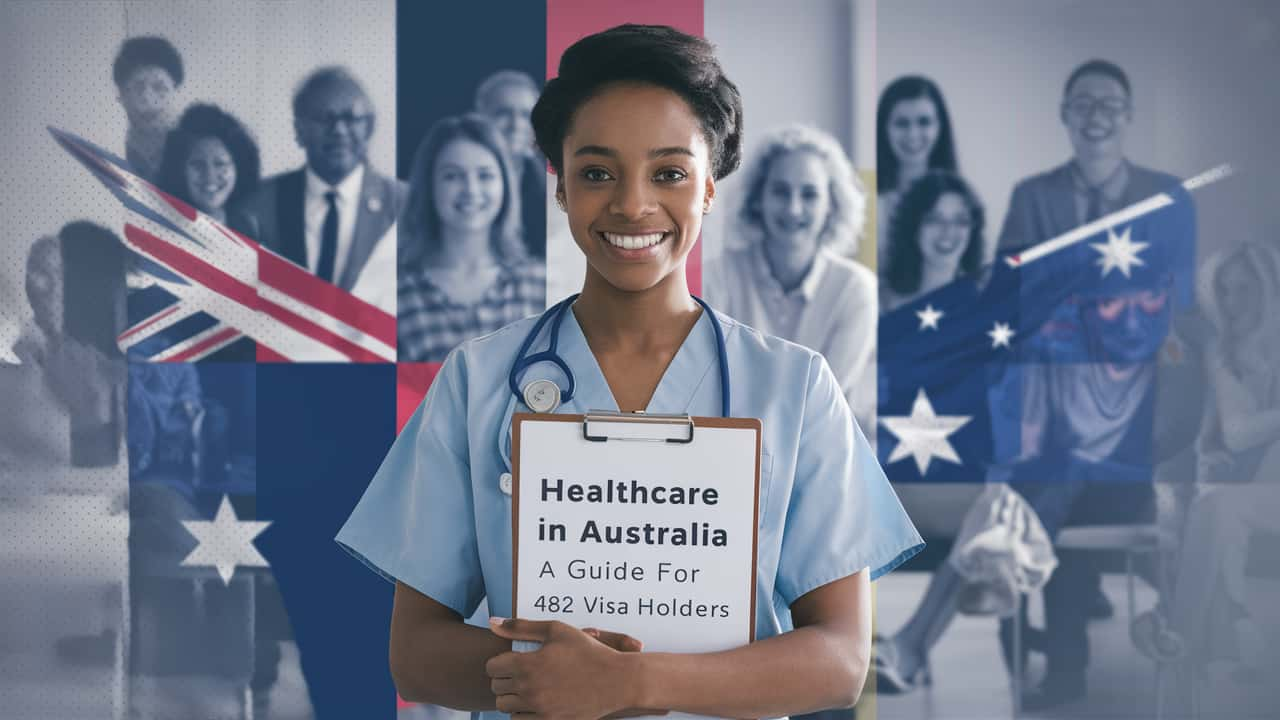Melbourne Comedy Festival is not just an event—it’s an annual explosion of laughter, creativity, and culture that transforms the streets and stages of Melbourne into a playground for comedians and audiences alike. As one of the top three comedy festivals globally—alongside the Edinburgh Festival Fringe and Just for Laughs in Montreal—it draws more than 770,000 attendees and supports over 7,500 performances each year, according to Melbourne International Comedy Festival. From stand-up and sketch to political satire and storytelling, the city becomes a hive of comedic innovation for four exhilarating weeks.
Held every year since 1987, the Melbourne Comedy Festival has grown into a juggernaut of Australian culture. Its founders envisioned a space to champion local comedians while creating a platform for international artists to share their craft, and the results have been staggering. In 2023 alone, the festival spanned more than 160 venues and generated over $52 million in economic activity for the city, as highlighted by Visit Victoria. Major landmarks such as the Melbourne Town Hall, Princess Theatre, and Federation Square are transformed into buzzing performance hubs, creating a citywide celebration of comedy and community.
What sets this festival apart is its commitment to fostering talent. Events like Raw Comedy and Class Clowns have unearthed comedic legends such as Hannah Gadsby, Ronny Chieng, and Celia Pacquola. The festival’s focus on inclusivity has also led to standout programs like Deadly Funny, which showcases Indigenous voices from across Australia. These programs don’t just entertain—they change lives, offering visibility and career launches to hundreds of emerging talents each year. According to Australia Council for the Arts, more than 60% of performers in recent years were first-time entrants or newcomers.
But the impact of the Melbourne Comedy Festival goes far beyond ticket sales and sold-out shows. It becomes a lens for social commentary. In recent years, a large number of performances have tackled themes like mental health, racism, and gender identity, blending comedy with catharsis. Partnerships with organizations such as Beyond Blue and RUOK? have helped raise more than $850,000 for mental health initiatives. Additionally, over 200 events annually are AUSLAN interpreted or have audio descriptions, a testament to the festival’s dedication to accessibility and inclusivity.
The city’s energy during the festival is nothing short of electric. Rooftop venues, late-night clubs, and even trams become comedy spots, turning every corner into a stage. Businesses, especially in hospitality and tourism, flourish—with hotels experiencing a 30% spike in bookings and bars and restaurants enjoying record footfall. According to City of Melbourne, the festival directly and indirectly supports over 3,000 jobs each year, making it a vital pillar of the local economy.
Whether you’re a local, a visitor, or an international act, the Melbourne Comedy Festival offers more than a night of laughter—it offers a full cultural immersion. With global interest growing annually and audiences tuning in via livestreams and digital archives, the festival is cementing its place as a global cultural force. As noted by Time Out Melbourne, it’s the city’s most anticipated event—and one that gets better, braver, and bolder every year.
Behind the Laughter: The Origins and Evolution of the Melbourne Comedy Festival
Birth of a Comedy Giant
The Melbourne Comedy Festival was founded in 1987, initiated by John Pinder in collaboration with the Melbourne International Arts Festival and the Victoria Arts Centre. What began as a modest ten-day event has now grown into one of the top three comedy festivals in the world, alongside Edinburgh and Montreal.
Growth by Numbers
In its inaugural year, the festival attracted just over 50,000 attendees. By 2023, that number had skyrocketed to over 770,000 ticketed attendees, with an estimated 1.2 million total participants including free events. Over 7,500 individual performances took place across more than 160 venues, showing its impressive scale and growth.
Support for Local Talent
A hallmark of the Melbourne Comedy Festival is its unwavering support for emerging Australian comedians. Programs like “Class Clowns” and “Raw Comedy” have helped launch the careers of household names like Hannah Gadsby and Celia Pacquola. In 2022 alone, the “Raw Comedy” competition received more than 1,200 entries nationwide.
International Reach and Recognition
Although rooted in Melbourne, the festival has gained global fame. Acts from more than 20 countries performed in 2023, and livestreaming options introduced during the COVID-19 pandemic now reach over 300,000 viewers online annually, boosting its global footprint.
Adapting Through Adversity
The COVID-19 pandemic posed severe challenges. The 2020 festival was canceled entirely for the first time in its history. But by 2022, a hybrid format helped it bounce back strong, achieving 85% of pre-pandemic ticket sales, a major win for the arts industry.
Spotlight on Stars: Iconic Acts and Rising Talent
Legendary Performers
Over the decades, the Melbourne Comedy Festival has hosted global comedy icons including Eddie Izzard, Arj Barker, Stephen K Amos, and Margaret Cho. These performances have helped solidify its international reputation and brought in tens of thousands of international visitors annually.
Launching Comedy Careers
Many of Australia’s brightest comedy stars were first discovered at the Melbourne Comedy Festival. Chris Lilley, Tim Minchin, and Ronny Chieng all made early appearances that turned into mainstream success. Ronny, for example, was part of the 2009 “Comedy Zone” and now stars on Netflix and “The Daily Show.”
Rising Stars to Watch
Each year introduces new names to the comedy world. In 2023, newcomers like Prue Blake and Sam Taunton sold out their debut shows within the first week. The “Comedy Zone” remains a critical platform, showcasing five emerging comedians annually selected from hundreds of applicants.
Award-Winning Acts
Prestigious awards like the Barry Award (now known as the Melbourne Comedy Festival Award) honor the best show each year. Past winners include Lano & Woodley, Denise Scott, and Hannah Gadsby. Gadsby’s 2017 win for “Nanette” preceded a global Netflix special viewed by millions.
Diversity on Stage
The festival has placed a strong emphasis on diversity. In 2023, nearly 40% of performers identified as women or non-binary, and more than 25% identified as LGBTQ+. Special programs spotlight Indigenous and culturally diverse comedians, making the festival an inclusive celebration of modern comedy.
The City Comes Alive: Melbourne’s Vibe During the Festival
A City Transformed
For four weeks each year, Melbourne is completely transformed by the Melbourne Comedy Festival. Street performers, themed pop-up bars, and venue takeovers create an electrifying energy that draws locals and tourists alike. Federation Square alone hosts over 120,000 visitors during the festival period.
Economic Boom for Businesses
The festival generates an estimated $52 million in economic activity annually. Hotels see up to a 30% increase in bookings, and nearby cafés, bars, and shops report 20-40% spikes in revenue. More than 3,000 jobs are directly or indirectly supported during the festival month.
Tourism and International Appeal
Tourists from more than 40 countries attend the Melbourne Comedy Festival each year. In 2023, international visitors accounted for 18% of ticket sales, with significant numbers from the UK, New Zealand, and the USA. Tourism Victoria attributes part of Melbourne’s cultural tourism boom to the festival’s influence.
Pop-Ups and Venue Takeovers
Over 160 venues across Melbourne participate annually—from iconic theatres like the Princess and Comedy Theatre to unexpected spaces like bookstores and rooftop bars. In 2023, over 20 new venues were added, including environmentally sustainable pop-up stages.
Late Nights and Laughs
Melbourne’s nightlife flourishes during the festival, with late-night comedy shows, DJ sets, and afterparties extending into the early hours. Popular shows like “The Festival Club” and “Up Late at Max Watt’s” consistently sell out, proving comedy is not just entertainment—it’s a full city experience.
More Than Just Jokes: Social Impact and Cultural Significance
Comedy as Commentary
The Melbourne Comedy Festival is more than laughter—it’s a platform for social reflection. Topics like race, gender identity, politics, and mental health are tackled with insight and wit. In 2022, over 60% of shows included a social justice or personal storytelling component.
Community Engagement Programs
Programs like “Deadly Funny” focus on Indigenous voices and have featured over 500 Aboriginal and Torres Strait Islander comedians since 2006. The festival also collaborates with schools, offering workshops to over 10,000 students annually across Victoria.
Mental Health and Wellbeing
In collaboration with organizations like Beyond Blue and RUOK?, the Melbourne Comedy Festival runs campaigns highlighting mental health. Since 2015, its “Laugh to Feel Better” initiative has raised more than $850,000 for mental health charities.
Inclusivity and Access
The festival invests in accessibility, with over 200 shows featuring AUSLAN interpretation or audio description. Ticket pricing is tiered, with over 20% of events either free or under $25, making comedy accessible regardless of financial status.
Cultural Influence on the Arts
Over time, the Melbourne Comedy Festival has shifted the Australian arts landscape, helping to redefine what performance art can look like. It has inspired regional festivals like Perth Comedy Festival and Sydney Comedy Festival, showing its ripple effect far beyond Melbourne’s city limits.




